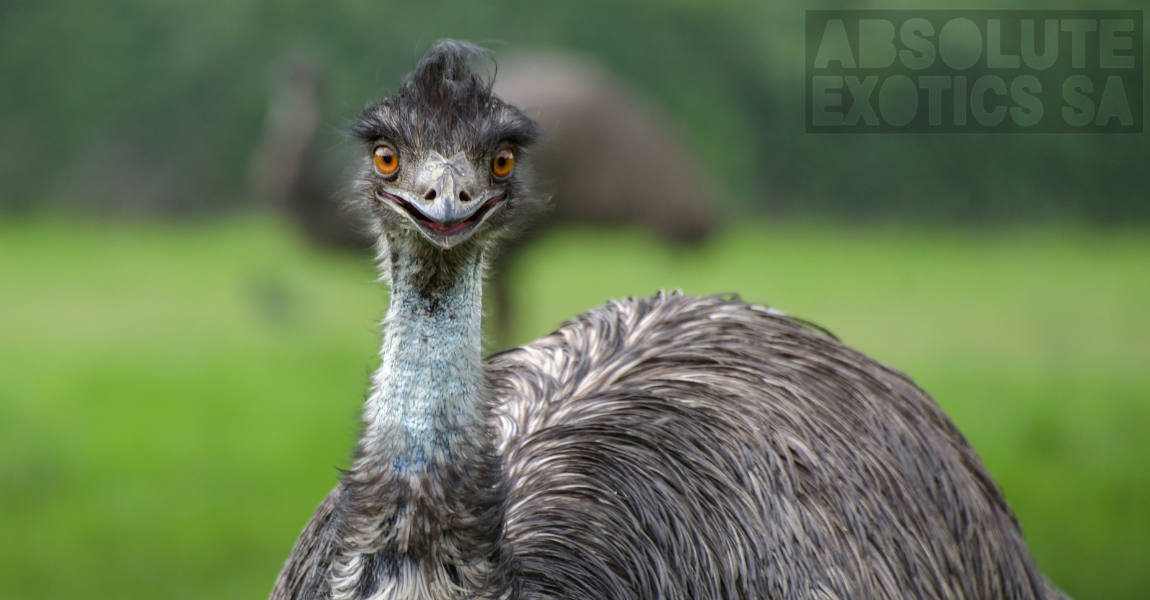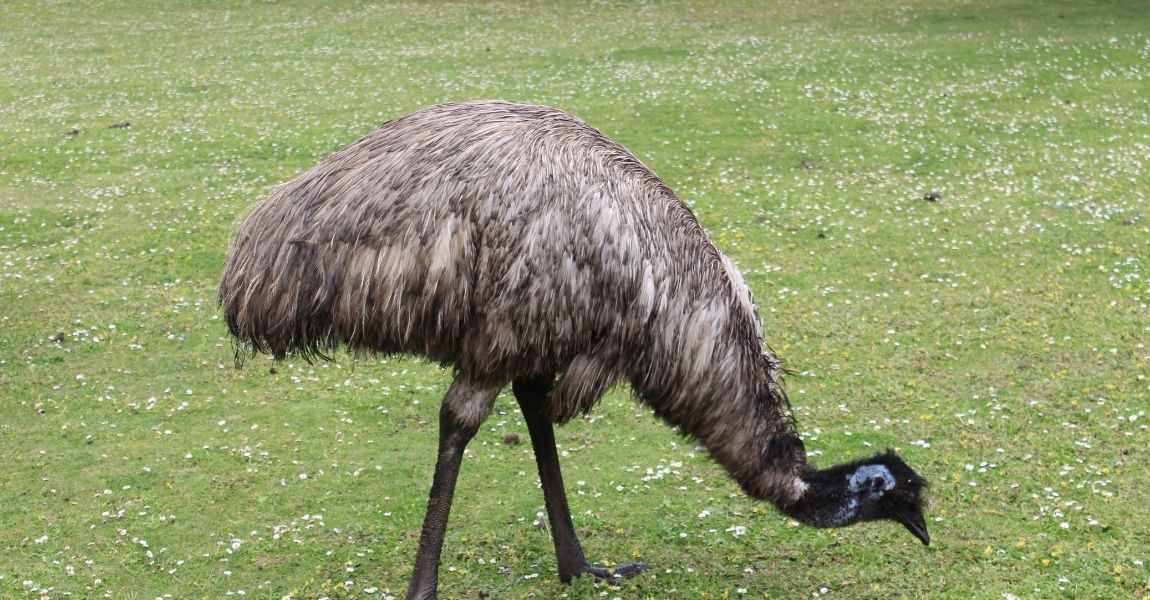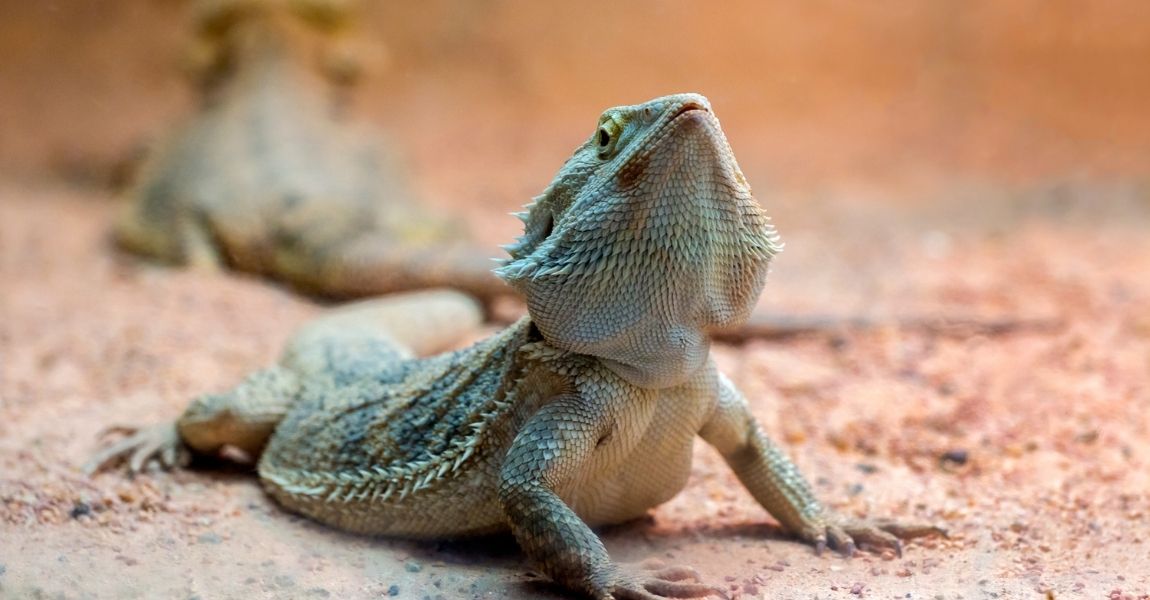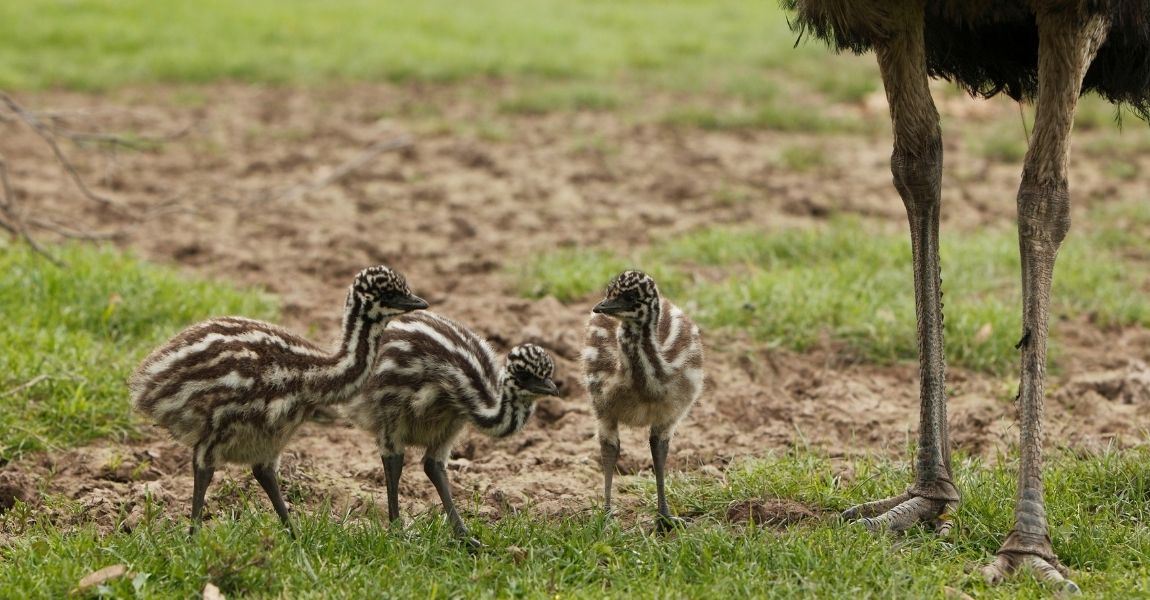Introduction:
Emus, with their unique appearance and intriguing behavior, can make fascinating pets for those seeking a unique and challenging experience. However, owning an emu requires careful preparation and understanding of their specific needs. In this article, we will provide essential information for first-time emu owners, covering various aspects to ensure a successful and fulfilling relationship with these remarkable birds.
 Legal Considerations:
Legal Considerations:
Before acquiring an emu, familiarize yourself with the local laws and regulations regarding their ownership. Some regions may require permits or licenses, and it is crucial to comply with these legal obligations to avoid any potential issues.
Space and Housing:
Emus are large birds that need ample space to move and exercise. Ideally, they should have access to an enclosed area with at least half an acre of land per emu. Ensure that the fencing is secure and high enough to prevent escapes, as emus are skilled jumpers. Provide a shelter or a large shed that offers protection from extreme weather conditions and predators.
 Diet and Nutrition:
Diet and Nutrition:
Emus are omnivores and require a well-balanced diet. Their diet should consist of a variety of components, including: High-quality emu-specific pellets or feeds, which provide essential nutrients. Fresh vegetables and fruits, such as leafy greens, carrots, and apples, offered in moderation. Grains and seeds, like corn, wheat, and sunflower seeds, for added variety. Access to clean water at all times.
Veterinary Care:
Emus, like any other animal, require regular veterinary care to maintain good health. Locate a veterinarian with experience in avian or exotic animal medicine before bringing an emu home. Schedule routine check-ups to monitor their overall well-being and address any health concerns promptly.
Socialization and Enrichment:
Emus are social birds that thrive in pairs or small groups. Consider getting at least two emus to provide companionship. Interact with them regularly to build trust and strengthen the bond. Enrich their environment with objects to explore and safe foraging opportunities to prevent boredom and promote natural behaviors.
Handling and Training:
Emus are generally flightless but possess strong legs that can deliver powerful kicks when they feel threatened or startled. Avoid aggressive or rough handling, and give them time to adjust to human presence. Positive reinforcement training techniques, such as clicker training, can be used to teach simple commands and establish a positive relationship.
Legal and Ethical Considerations:
As emus are long-lived birds, it is crucial to consider the long-term commitment required for their care. Ensure that you have the necessary resources, time, and commitment to provide for their needs throughout their lifespan, which can exceed 20 years.
Conclusion:
Owning emus can be a rewarding and unique experience, but it requires careful planning, preparation, and ongoing commitment. By understanding their specific needs related to space, diet, socialization, and veterinary care, you can create a suitable environment for your emus to thrive. Always prioritize their welfare and provide the attention and care they require to lead a happy and healthy life as part of your family.






